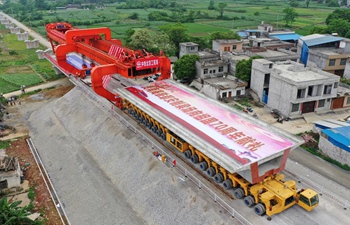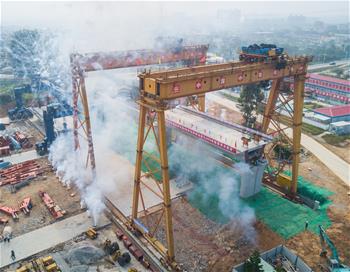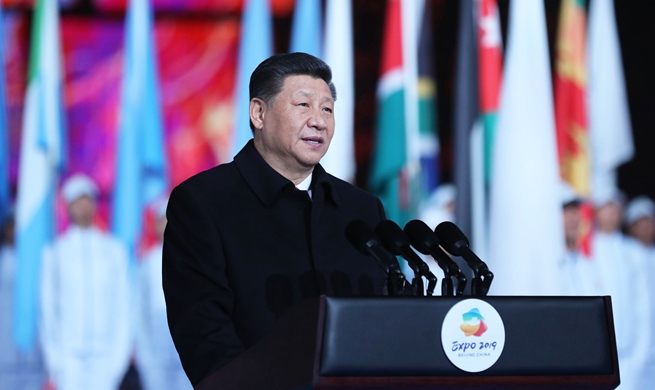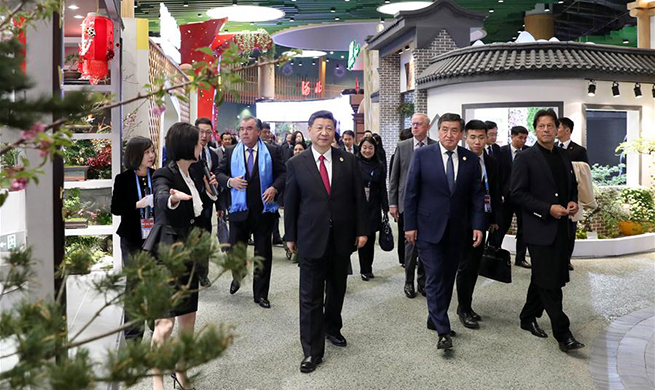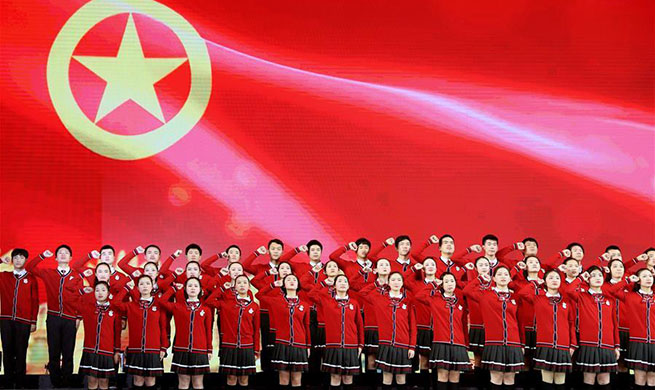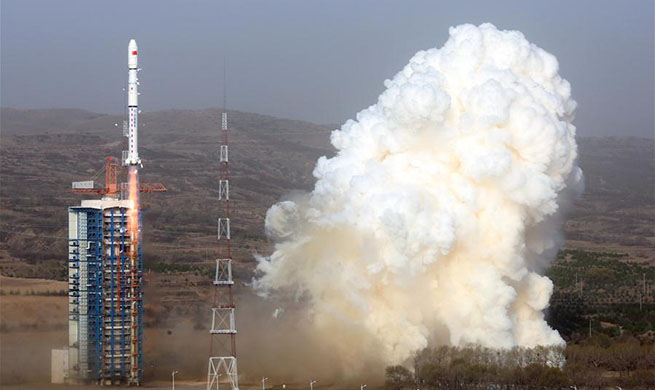BEIJING, April 30 (Xinhua) -- Many people drink coffee because it can help them feel less tired and increases energy levels, but a joint research team says that the world's popular beverage is also an amazing material that enhances performance and stability of solar cells, the China Science Daily reported Tuesday.
Perovskite solar cells have been widely used to manufacture flexible batteries. Perovskite is a material with the same type of crystal structure as calcium titanium oxide, which exhibits a high-efficiency conversion of sunlight into electricity.
Scientists from the United States and China working on the study found that caffeine, an active material in coffee, could be an alkaloid compound to interact with the precursors of perovskite materials to improve solar cell efficiency and thermal stability.
They added caffeine to the perovskite layer of forty solar cells. The interaction between the two materials boosted the solar cell efficiency from 17 percent to 20 percent. In addition, the caffeine-based devices were shown to be thermally stable at 85 degrees Celsius for over 1,300 hours.
The perfect temperature to serve coffee is 85 degrees Celsius. In fact, the idea of using caffeine was inspired by a joke over morning coffee.
The newspaper quoted a researcher who recalled the day when they were drinking coffee and joked, "We need coffee to wake up. What about perovskite? Does it need coffee to work better?"
The study, published in the latest issue of academic journal Joule, was led by researchers from the University of California Los Angeles, and China's Soochow University and Jilin University.
Researchers believe using caffeine will be a simple, cost-effective and generalized strategy to increase the commercial prospects of perovskite solar cells.






